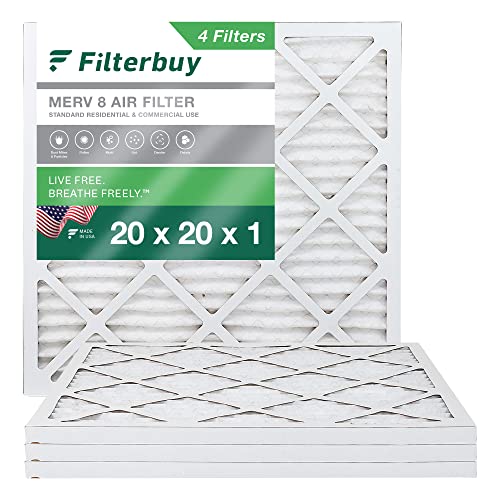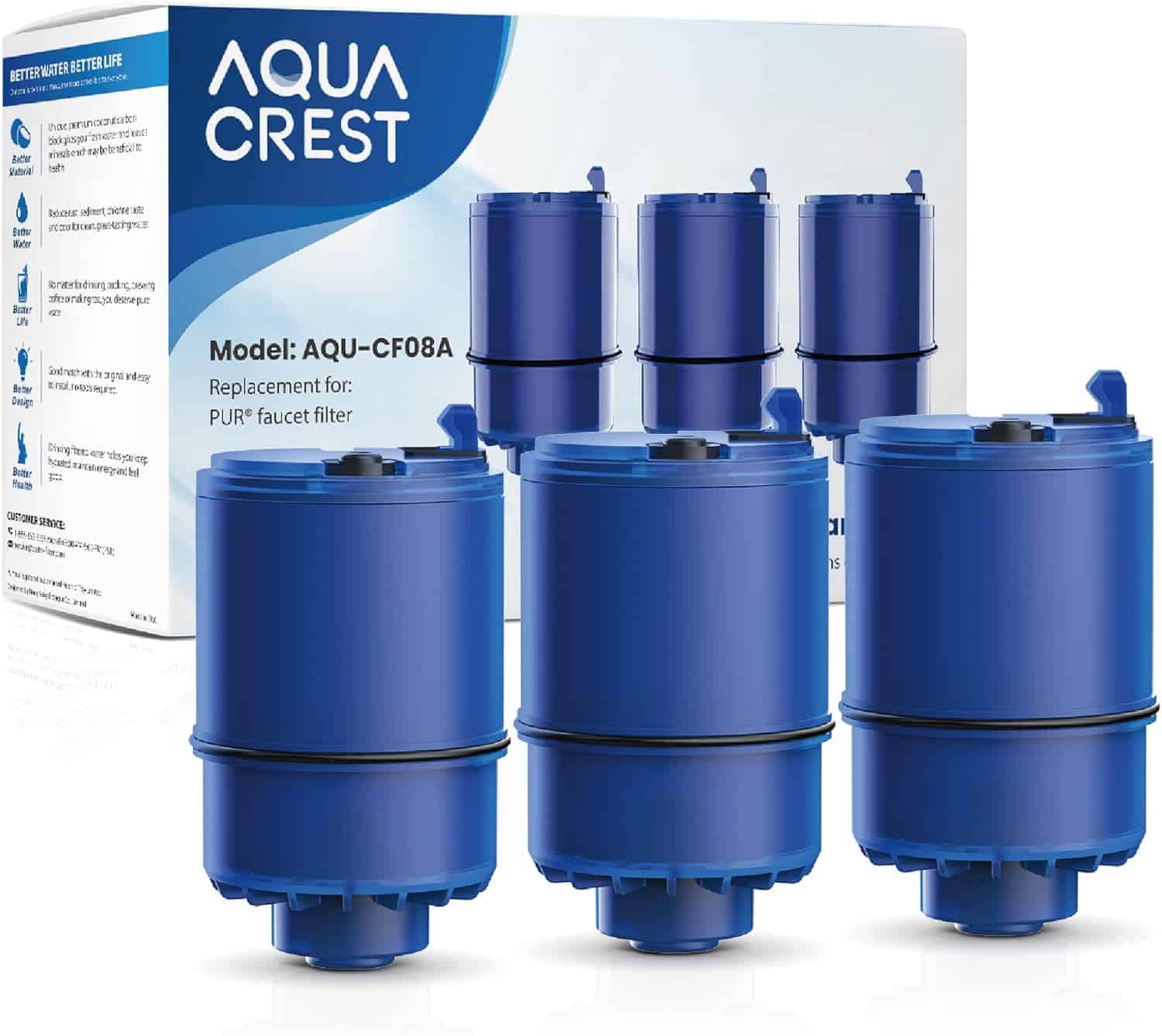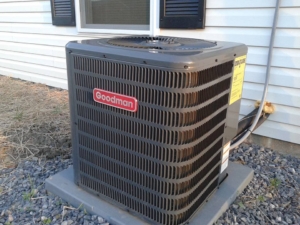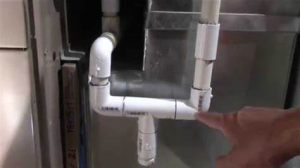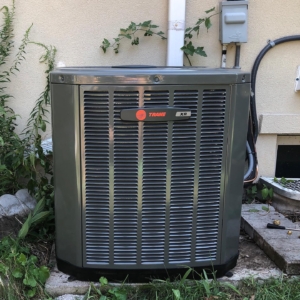The Lifespan of an Air Conditioner: Factors, Signs, and Tips
Everyone wants to stay cool when the temperature starts to rise, and the hero of the summer season is often the air conditioner. But what many may wonder is how long these mighty machines can keep on chilling. The lifespan of an air conditioner depends on various factors, including its model, maintenance routine, and usage. This post will delve into all these details and more, providing helpful insights on how to extend the life of your air conditioner and keep the cool breeze blowing for years to come.
What is the Average Lifespan of an Air Conditioner?
Factors That Affect Air Conditioner Lifespan
Several factors can influence the lifespan of an air conditioner. Let’s take a closer look at each of these factors to better understand how they can impact the longevity of your cooling system.
1. Quality of Installation
The installation process plays a crucial role in determining the lifespan of your air conditioner. A poorly installed unit may experience frequent breakdowns and inefficiencies, leading to a shorter lifespan. On the other hand, a professional installation ensures that all components are properly connected and functioning optimally, allowing your air conditioner to last longer.
2. Maintenance and Regular Servicing
Regular maintenance and servicing are essential for keeping your air conditioner running smoothly. Neglecting routine maintenance tasks such as cleaning the filters, checking refrigerant levels, and inspecting electrical connections can put unnecessary strain on the system, shortening its lifespan. Therefore, it is vital to schedule regular check-ups with a qualified HVAC technician to keep your air conditioner in top shape.
3. Frequency of Use
The more frequently you use your air conditioner, the more wear and tear it will experience over time. If you live in a region with a warm climate and rely heavily on your air conditioner throughout the year, it is likely to have a shorter lifespan compared to units used only seasonally. However, proper maintenance and care can still help prolong the lifespan, even with frequent use.
4. Climate and Environmental Factors
The climate and environmental conditions in which your air conditioner operates can also impact its lifespan. Extreme heat, high humidity, and exposure to elements like saltwater or heavy dust can all contribute to accelerated wear and tear. If you live in an area with harsh climate conditions, it is important to take extra precautions to protect your air conditioner and ensure its longevity.
Average Lifespan of an Air Conditioner
While the lifespan of an air conditioner can vary depending on the factors mentioned above, on average, you can expect your cooling system to last between 10 to 15 years. However, it is important to note that this estimate can vary based on the quality of the unit, installation, maintenance, and usage patterns.
To maximize the lifespan of your air conditioner, invest in a high-quality unit, hire a professional HVAC technician for installation, and prioritize regular maintenance. By taking these steps, you can ensure that your air conditioner continues to keep you cool and comfortable for many years to come.
With this information in mind, you can now make informed decisions when it comes to purchasing and maintaining your air conditioner. Remember, proper care and attention can go a long way in extending the lifespan of your cooling system and ensuring optimal performance.
Factors that Affect the Lifespan of an Air Conditioner
Maintenance and Regular Servicing
Just like any other mechanical equipment, air conditioners require regular maintenance and servicing to ensure optimal performance and extend their lifespan. Neglecting routine maintenance can result in a myriad of issues, such as clogged filters, dirty coils, and refrigerant leaks, all of which can significantly reduce the efficiency and lifespan of your air conditioner.
To keep your air conditioner running smoothly, it’s important to clean or replace the air filters regularly, inspect and clean the coils, and check for any leaks or electrical malfunctions. Scheduling annual professional servicing can help identify potential problems, make necessary repairs, and ensure that your air conditioner is operating at its best.
Usage Frequency and Duration
The frequency and duration of usage directly impact the lifespan of your air conditioner. If your cooling system is running constantly, it is subject to more wear and tear, increasing the chances of breakdowns and reduced longevity. On the other hand, if you only use your air conditioner sparingly, it may accumulate dust and debris during periods of inactivity, leading to potential performance issues.
Finding a balance in your air conditioner’s usage is key. Avoid unnecessary strain by using energy-efficient settings, utilizing programmable thermostats, and implementing proper insulation in your home. These actions can help regulate the usage frequency and duration, ultimately prolonging the lifespan of your air conditioner.
Environmental Factors
The environment in which your air conditioner operates can also impact its lifespan. Extreme temperatures, high humidity levels, and exposure to corrosive substances can all contribute to accelerated wear and tear. If your air conditioner is constantly battling against harsh environmental conditions, it may experience higher stress levels, leading to premature failure.
To mitigate the negative effects of the environment, consider providing shade to the outdoor unit, keeping it away from direct sunlight, and ensuring proper ventilation. Regular cleaning and removing debris from the unit can help maintain optimal performance and protect it from unnecessary damage.
Quality of Installation
The quality of installation plays a vital role in determining the lifespan of your air conditioner. Improper installation can lead to a range of issues, including inadequate airflow, refrigerant leaks, and electrical problems. These issues can put unnecessary strain on the system and result in premature failure.
To ensure a proper installation, it is essential to hire a professional HVAC technician with experience in installing air conditioning systems. They will ensure that the unit is properly sized, all components are correctly connected, and the system is calibrated for optimal performance. Investing in a high-quality installation can significantly extend the lifespan of your air conditioner and prevent costly repairs down the line.
By considering these factors and taking appropriate measures to address them, you can maximize the lifespan of your air conditioner and enjoy efficient cooling for years to come. Regular maintenance, mindful usage, a suitable environment, and a high-quality installation are all key elements in ensuring the longevity of your cooling system.
Signs that Your Air Conditioner May Need to be Replaced
Frequent Breakdowns and Repairs
Is your air conditioner becoming increasingly unreliable? Are you constantly calling for repairs? Frequent breakdowns and the need for repeated repairs can be a clear indication that your air conditioner is on its last legs. While occasional repairs are normal, excessive breakdowns can become a major inconvenience and may end up costing you more in the long run. Consider the age of your unit and the cost of repairs. If the repairs are becoming too frequent or costly, it might be time to invest in a new air conditioner.
Reduced Cooling Efficiency
Have you noticed that your air conditioner is no longer providing the same level of cooling comfort as before? If your unit is struggling to maintain a consistent temperature or if certain rooms in your home are not adequately cooled, it could be a sign of reduced cooling efficiency. Over time, air conditioners lose their ability to cool effectively due to wear and tear, clogged filters, or refrigerant leaks. If your air conditioner is unable to keep your home comfortably cool, it may be time to consider a replacement.
Strange Noises or Smells
Is your air conditioner making unusual noises or emitting strange odors? These can be alarming signs that something is amiss. Grinding, squealing, or rattling noises could indicate worn-out components or a failing motor. Foul smells may suggest mold growth or electrical issues. Ignoring these unusual signs could lead to further damage or even potential health hazards. If your air conditioner is producing strange noises or smells, it is best to have it inspected by a professional. Depending on the severity of the issue, replacing your unit may be the most viable option.
Outdated Technology and Energy Efficiency
Is your air conditioner an outdated model? Older units tend to be less energy-efficient compared to modern ones. Newer air conditioning systems are designed to meet higher efficiency standards, resulting in lower energy consumption and reduced utility bills. If your air conditioner is more than 10-15 years old, it is likely outdated and may not meet current efficiency standards. Upgrading to a newer, energy-efficient model can not only save you money in the long run but also provide improved cooling performance and better environmental sustainability.
By paying attention to these signs, you can determine whether or not it is time to replace your air conditioner. Frequent breakdowns, reduced cooling efficiency, strange noises or smells, and outdated technology are all indicators that your unit may need to be replaced. Don’t wait until your air conditioner completely stops working or becomes a constant source of frustration. Take proactive steps to ensure your home remains comfortable and energy-efficient.
Tips to Extend the Lifespan of Your Air Conditioner
Regularly Clean and Replace Air Filters
One of the simplest yet most effective ways to extend the lifespan of your air conditioner is to regularly clean and replace its air filters. Over time, these filters can become clogged with dust, dirt, and other airborne particles, reducing the efficiency of your unit and putting unnecessary strain on its components. By cleaning or replacing the filters every one to three months, you can ensure proper airflow and keep your air conditioner running smoothly.
Keep the Outdoor Unit Clear of Debris
The outdoor unit of your air conditioner, also known as the condenser, plays a crucial role in the overall performance of the system. To maximize its lifespan, it’s important to keep the outdoor unit clear of debris such as leaves, grass clippings, and branches. Regularly inspect the area around the unit and remove any obstructions that could hinder airflow. By maintaining a clear space, you allow the condenser to operate efficiently and prevent potential damage caused by overheating.
Maintain Proper Airflow and Ventilation
Proper airflow and ventilation are essential for the optimal functioning of your air conditioner. Make sure that there are no obstructions blocking the vents or registers in your home. Ensure that furniture or other objects are not obstructing the airflow from the vents. Additionally, consider using ceiling fans or portable fans to help circulate the cooled air more effectively, reducing the workload on your air conditioner. By maintaining proper airflow and ventilation, you can help your air conditioner work more efficiently and prolong its lifespan.
Adjust Temperature and Usage Habits
Another way to extend the lifespan of your air conditioner is to adjust your temperature and usage habits. Setting your thermostat to a slightly higher temperature during the summer months can significantly reduce the workload on your air conditioner. Additionally, consider using a programmable thermostat to automatically adjust the temperature when you’re not at home. This can help reduce unnecessary energy consumption and minimize wear and tear on your unit.
Avoid sudden temperature changes and excessive usage. Instead of constantly turning your air conditioner on and off, try to keep it running at a steady temperature. By adopting energy-saving habits and using your air conditioner wisely, you can ensure its longevity and lower your energy bills.
When Should You Consider Replacing Your Air Conditioner?
Age of the Unit
Is your air conditioner showing signs of wear and tear? Are you constantly dealing with repairs? It might be time to consider replacing your unit. One of the first factors to consider is the age of your air conditioner. On average, air conditioners have a lifespan of about 10 to 15 years. If your unit is approaching or has exceeded this timeframe, it’s worth evaluating whether it’s still efficient and cost-effective.
Costly Repairs and Diminishing Returns
As your air conditioner gets older, it may require more frequent repairs. These repairs can quickly add up, becoming a financial burden. Additionally, the older your unit gets, the less efficient it becomes, resulting in higher energy bills. At some point, the cost of repairs and the diminishing returns on energy savings may outweigh the benefits of keeping your old air conditioner. Consider whether investing in a new, more efficient unit could save you money in the long run.
Outdated Technology and Energy Efficiency
Advancements in air conditioning technology have come a long way in recent years. Newer models are designed to be more energy-efficient, which can result in significant savings on your utility bills. Older air conditioners may lack the latest energy-saving features or use outdated refrigerants, which can be harmful to the environment. By upgrading to a newer model, you can not only enjoy improved comfort but also contribute to a greener and more sustainable future.
Remember, replacing your air conditioner is a big decision that requires careful consideration. It’s important to take into account the age of your unit, the cost of repairs, and the energy efficiency of newer models. By weighing these factors, you can determine whether it’s time to bid farewell to your old air conditioner and welcome a more efficient and reliable cooling solution into your home.
Conclusion
The lifespan of an air conditioner can vary depending on various factors. However, with proper maintenance and regular servicing, you can extend the lifespan of your air conditioner and ensure optimal performance. It is recommended to have your air conditioner serviced annually by a professional technician to identify and address any potential issues before they escalate. Keeping your air conditioner clean, changing filters regularly, and providing proper ventilation can also contribute to its longevity. By taking these simple steps, you can maximize the lifespan of your air conditioner and enjoy cool and comfortable indoor environments for years to come.




